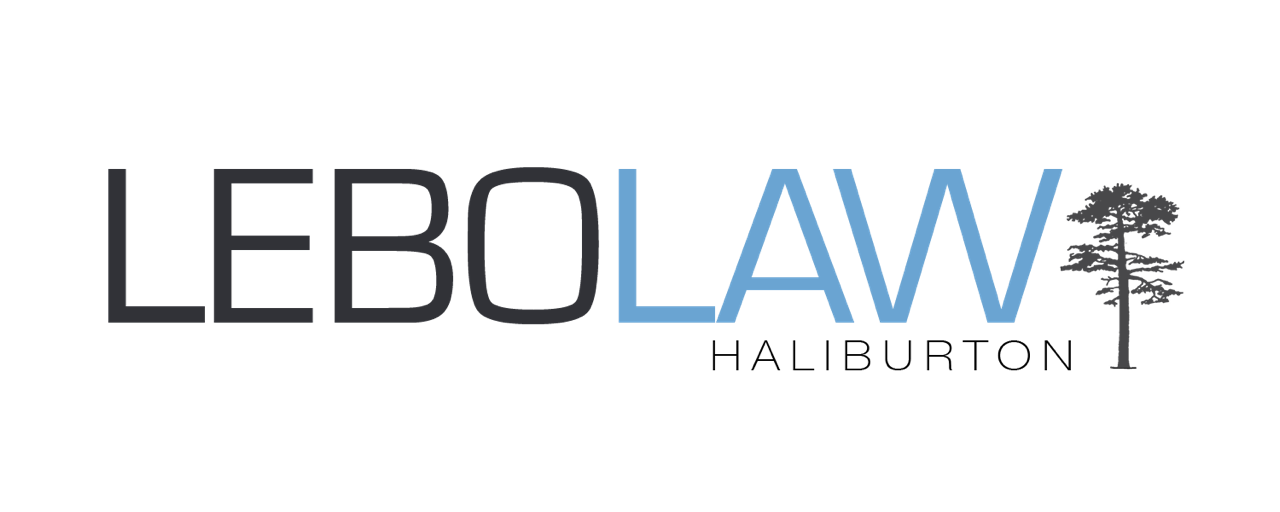Beware the solar lease
What if someone showed up at your door and offered you a few thousand dollars – every year for twenty years? All you have to do is let a company set up and operate solar panels on your property.
It sounds like easy money, and you get the added bonus of helping the province grow its clean energy grid.
Not so fast.
Sometimes these leases get registered on your property’s title. That can make it difficult to sell your property in the future. One company actually claims that owners can’t sell unless they approve the buyer – essentially a veto on your most basic property rights.
Other times you’ll have a signed lease and nothing happens, as was the case with one client recently; no solar panels were installed and no money paid. But the lease was still registered on title.
This is a problem, as it can be very difficult, if not impossible, to get out of these contracts. It’s an area crying out for consumer protection, a provincial responsibility.
But it gets even worse. What’s likely to most disturb homeowners, and the municipal councils that sign letters of support for some of these projects, is this: many of these solar leases are being bundled together and sold as financial assets to foreign companies.
One solar lease company I spoke to recently said their leases are being sold to the Chinese. So rather than helping a budding Ontario solar industry, the owner in this case will end up with a Chinese company as their tenant, operating solar panels on their property. And, thanks to the provincial government’s feed-in-tarriff program, the province will pay those companies from Hydro and taxpayer dollars to produce energy.
Yes, you read that correctly. The Ontario government pays a Chinese company 30 cents per kilowatt hour to produce energy sold here for as little as 5 cents. Only our province could come up with that.
What should you do? Simple: don’t sign a solar lease, or for that matter any document that could affect rights to your property, without having your lawyer review it first. You could end up with some serious regrets.
It’s a good example of how a little caution can save a lot of heartache.
